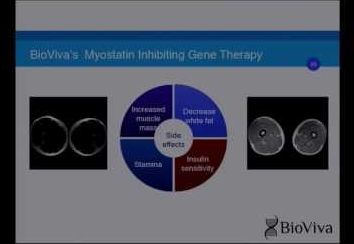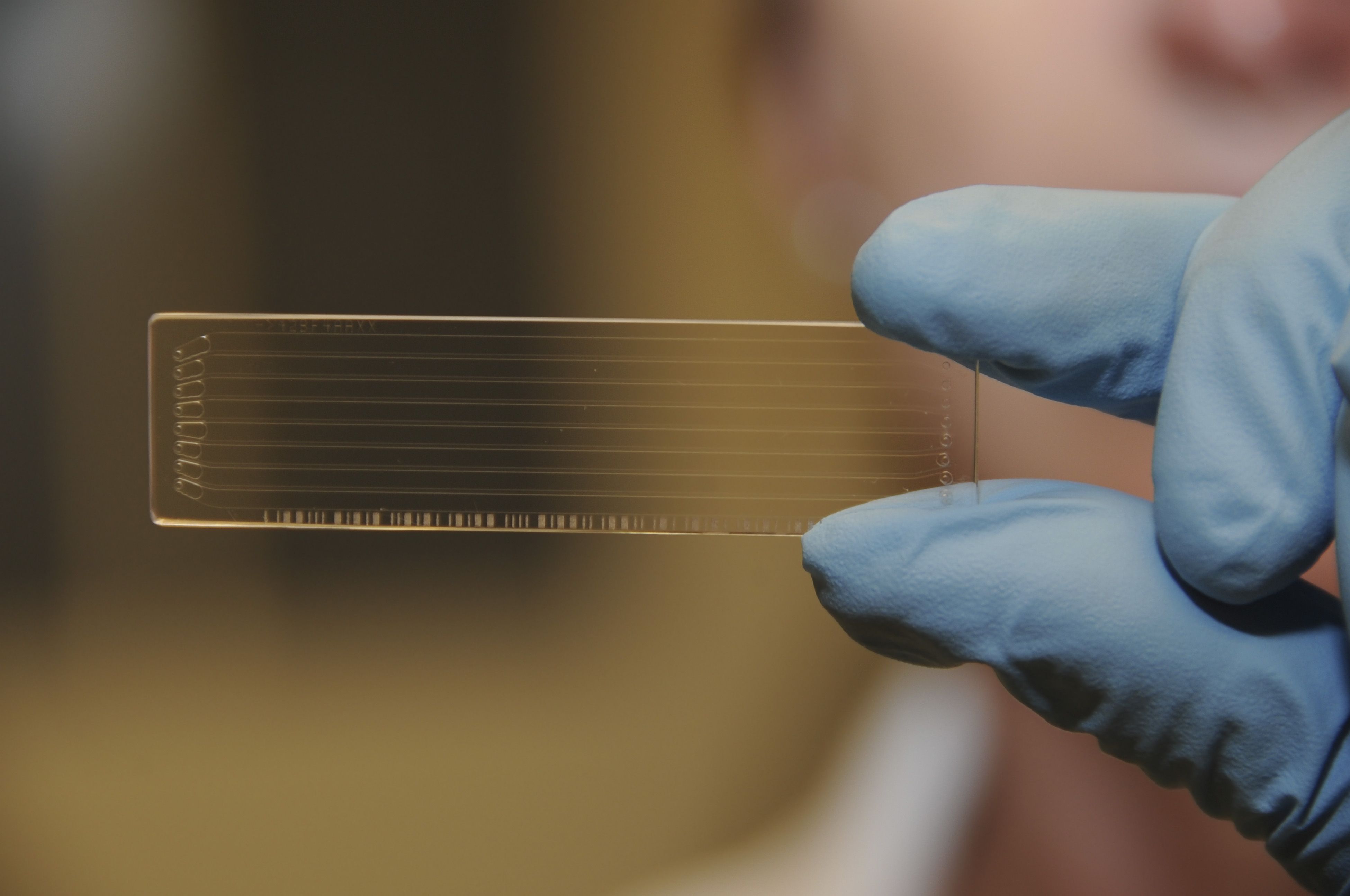Jan 14, 2017
Why a New Group Aims to Elect More Scientists to the Government
Posted by Shane Hinshaw in categories: climatology, education, government, mathematics, sustainability
Concerned that scientific views are not being properly represented in Washington, a new nonprofit group wants to get more scientists elected. 314 Action, named after the first three digits of pi, wants scientists to embrace the political process, running for all levels of government. The group’s aim is to get as many scientists elected as possible in the 2018 elections.
314 Action sees particular urgency for its work due to the rise of anti-science rhetoric on the Hill, especially from the right. The current Republican standard bearer President Trump has questioned the idea that climate change is caused by humans and seemingly encouraged debunked anti-vaccination opinions. With the appointments Trump made so far, it’s hard to believe his administration will advance scientific causes.
The 314 Action group describes its members as people who come from the STEM community whose goals are to increase communication between STEM community and elected officials, to actually elect STEM-trained candidates to public office, to increase presence of STEM ideas through the media, and to prevent the U.S. from falling further and further behind the rest of the world in math and science education.
Continue reading “Why a New Group Aims to Elect More Scientists to the Government” »


















